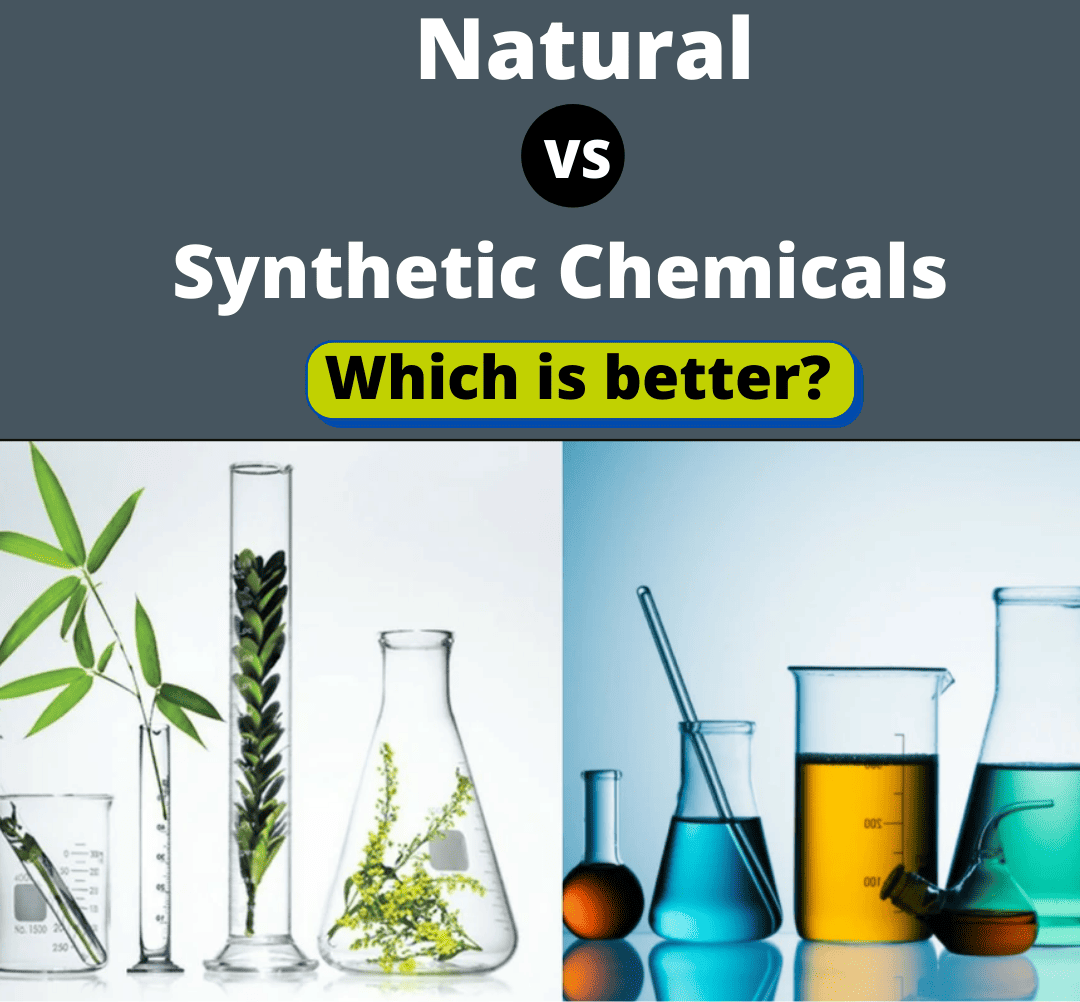To be or not to be – Natural
July 1, 2023 Posted by admin_ayurdeva
It was not until I embarked on the natural skin care myself that I realised that certain things I assumed about “Natural Products” are actually myths! The more I understood the formation of the Ayurdeva products, the more I saw the difference between “natural”, “chemical” and “synthetic”.
Natural skincare has gained popularity in recent years, and while many natural ingredients do offer beneficial properties for the skin, it is not accurate to assume that they are always more effective than their synthetic counterparts.
Let me try to unpack the top 10 myths and misconceptions surrounding natural skincare.
- MYTH – Natural means it’s always safe and gentle for all skin types: While natural ingredients are generally considered safer than harsh chemicals, they can still cause allergic reactions or skin irritations in some. Natural doesn’t automatically equate to being safe or suitable for everyone. Some natural ingredients can still cause irritation or allergies, and certain essential oils, for example, can be sensitizing or phototoxic. It’s essential to understand your skin’s individual needs and sensitivities before incorporating any new natural skincare product into your routine. It’s essential to patch-test any new natural product before applying it to a larger area of the skin.
- MYTH – Chemical-free products are better for the skin: “Chemical” refers to any substance that is made up of matter and has a distinct chemical composition. In this context, both natural and synthetic substances can be considered chemicals. Natural chemicals are derived from plants, minerals, or other natural sources, while synthetic chemicals are artificially created in a laboratory. The key is to understand the specific ingredients used and their effects on the skin. It is worth noting that not all synthetic ingredients are harmful or unsafe, just as not all natural ingredients are automatically safe. The safety and efficacy of skincare products depend on various factors, including the specific ingredients used, their concentrations, manufacturing processes, and individual skin sensitivities.
- MYTH – Natural products are always better than synthetic products: Natural skincare products can have beneficial properties, but synthetic ingredients can also offer specific advantages. Both natural and synthetic ingredients can be effective and safe when formulated correctly. The key is to choose products based on their individual merits, ingredients, and compatibility with your skin type.
- MYTH – Natural products have an indefinite shelf life: Natural products, just like any other skincare products, have a limited shelf life. Natural ingredients can degrade and lose potency over time, especially if they are not properly formulated or if they contain water-based components that can encourage bacterial growth. It’s important to check the expiration dates and storage instructions for natural skincare products to ensure their efficacy and safety.
- MYTH – Natural products can cure all skin problems: While natural ingredients can provide various benefits to the skin, it’s essential to approach skincare holistically and understand that there is no one-size-fits-all solution. Skin concerns can be complex and multifaceted, and it often requires a combination of approaches, including a healthy lifestyle, proper skincare routine, and possibly medical intervention in some cases.
- MYTH: Natural skincare products don’t contain any chemicals. Everything is made up of chemicals, including natural ingredients. Chemicals are the building blocks of all matter, whether it’s derived from nature or created synthetically. Natural skincare products often contain chemical compounds that are naturally occurring in plants or other sources. The distinction lies in the sourcing and processing methods, as well as the absence of certain synthetic chemicals.
- MYTH – Natural products are always cruelty-free: Just because a product uses natural ingredients doesn’t guarantee it is cruelty-free. If you are, always check the brand’s cruelty-free certification or policy.
- MYTH – You don’t need sunscreen with natural skincare: Sunscreen is essential for protecting the skin from harmful UV rays, regardless of the type of skincare products you use. Many ingredients like saffron and resveratrol have been suggested to have photoprotective properties, meaning it may help protect the skin against the damaging effects of UV radiation from the sun. However, it should not be considered a replacement for sunscreen.
- MYTH – Chemical names on ingredient lists mean the product is harmful: Skincare roducts often list ingredients by their chemical names, which may sound intimidating to some people. However, not all chemicals are harmful. Chemical names are used to describe specific compounds. Some naturally derived ingredients have long chemical names, while some synthetic ingredients have simple, recognizable names. It’s important to understand that the safety and efficacy of an ingredient cannot be determined solely based on its name.
- MYTH – Natural products work faster than other products: The efficacy of skincare products, whether natural or synthetic, depends on various factors such as the concentration of active ingredients, formulation, and individual skin response. Some natural ingredients may take time to show results, just like synthetic ingredients. Immediate results cannot be guaranteed solely based on whether a product is natural or synthetic.
So, educate yourselves, read reliable sources, and consult with skincare professionals or dermatologists to make informed decisions about our skincare routine and products, whether they are natural or synthetic.
Remember that the effectiveness of any skincare product, whether natural or synthetic, can vary depending on the formulation, concentration, and the specific needs of your skin. Some synthetic ingredients, like certain peptides or retinoids, have been extensively studied and proven to provide significant skincare benefits.
Lastly, skin care is a way of life. Healthy eating and sleeping habits go a long way in enhancing the radiance of the skin. All I would say is, always aim to resolve an underlying skin problem from its root than covering up a blemish. Small acts such as choosing products made in small batches, and replenishing your stock regularly, avoiding products that contain pthalates, silicones, formaldehyde, PGEs and following a skincare routine can go a long way in achieving your beauty goals.




